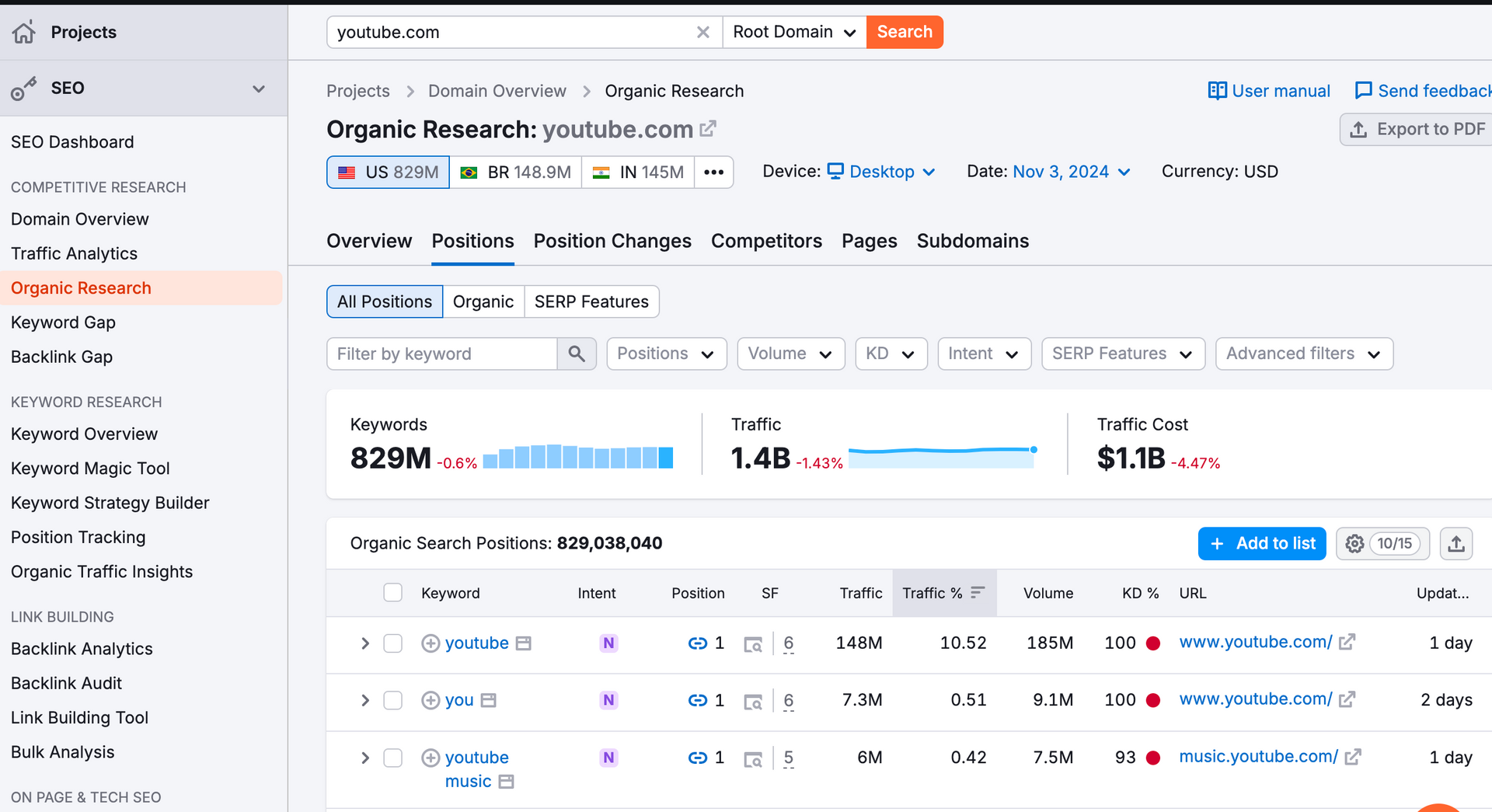SEO Fundamentals: Understanding the Basics of Search Engine Optimization in 2024
SEO Fundamentals: Understanding the Basics of Search Engine Optimization in 2024

Introduction
In today's digital landscape, having a great website isn't enough – you need people to find it. Picture this: right now, potential customers are actively searching for exactly what you offer, but they can't find your business. The good news? We're about to change that.
Search Engine Optimization (SEO) might sound technical and overwhelming, but at its core, it's about understanding two things: how search engines work and what your audience wants. Let's break this down into digestible pieces.

What is SEO? Think of Google as the World's Biggest Library
Imagine walking into the world's largest library, containing billions of books, but there was no organization system. Finding exactly what you need would be impossible. This is essentially what the internet would be without search engines and SEO.
SEO (Search Engine Optimization) is both an art and a science. It's the process of making your website the obvious choice for both:
- Search engines (the librarians)
- Users (the readers)
Here's the crucial part that many miss: while it's important to understand how search engines work, optimizing for humans is your primary goal. Why? Because Google's success depends on delivering exactly what people are looking for.

The Three Pillars of How Search Engines Work
1. Crawling: The Web-Reading Robots
Think of Google's crawlers as thousands of tireless librarians, working 24/7 to read every page on the internet. These digital librarians, often called "spiders" or "bots," follow links from one page to another, discovering and cataloging new content along the way.
2. Indexing: The Digital Filing System
Once Google's crawlers read a page, they don't just file away the words – they create a complex understanding of:
- The page's main topic
- Related subtopics
- Content quality indicators
- Relationships with other pages
- Media content (images, videos)
- Technical elements
Think of it as the world's most sophisticated filing system, capable of understanding context and connections.
3. Ranking: The Art of Relevance
This is where the magic happens. When someone types in a search query, Google looks at over 200 factors to determine which pages to show and in what order. Key ranking factors include:
- Content relevance
- Content quality
- User experience
- Mobile-friendliness
- Page loading speed
- Backlink profile
- Domain authority
- User signals
Essential SEO Terms You Need to Know
SERP (Search Engine Results Page)
This is what you see after you perform a search. Understanding its anatomy is crucial:
- Organic Results: The natural, unpaid listings
- Paid Results: Advertisements marked with "Ad"
- Featured Snippets: Premium position "zero" results
- Local Pack: Map-based local business results
- Knowledge Panel: Information boxes about entities
Rankings and Click-Through Rates
Position matters more than you might think:
- Position #1 gets 31.7% of all clicks
- Position #2 gets 24.7%
- Position #3 gets 18.7%
- Pages 2-10? Less than 1% each
Taking Action: Your First SEO Steps
1. **Baseline Assessment**
- Search for your business name
- Document your current rankings
- Screenshot your SERP presence
2. **Technical Foundation**
- Ensure your site is mobile-friendly
- Check your loading speeds
- Verify Google can access your content
3. **Content Evaluation**
- Audit your existing content
- Identify ranking opportunities
- Plan content improvements
Common SEO Myths Debunked
❌ "SEO is all about stuffing keywords"
✅ Modern SEO focuses on user intent and quality content
❌ "SEO results are immediate"
✅ SEO is a long-term strategy with compound returns
❌ "More content is always better"
✅ Quality and relevance trump quantity
Looking Ahead: The Future of SEO
As we move forward, several trends are shaping the future of SEO:
- AI and machine learning influences
- Voice search optimization
- Mobile-first indexing
- User experience signals
- Core Web Vitals
Your Next Steps
1. Complete the Website Audit Checklist (downloadable below)
2. Document your current rankings
3. Set specific, measurable SEO goals
4. Create a content improvement plan
Click on the link for the checklist: https://docs.google.com/spreadsheets/d/13M8RlAoURyUWYC6OKsYwyM7ZxPFAvjiWAmUBVc3cHyQ/edit?gid=0#gid=0
Conclusion
SEO isn't about gaming the system – it's about creating the best possible experience for your users while making sure search engines can understand and showcase your content effectively. Start with these fundamentals, and you'll be well on your way to improving your search visibility.
Remember: SEO is a marathon, not a sprint. Focus on building a strong foundation, creating quality content, and consistently improving your user experience. The rankings will follow.
If you don't have the time, or the energy to do this on your own, don't worry. Our team at Shamrock Mrketing is here to help your business grow. Contact us today.
Ready to work with Shamrock Marketing?
Let's connect! We’re here to help.
Send us a message and we’ll be in touch.
Or give us a call today at 407-550-5785

